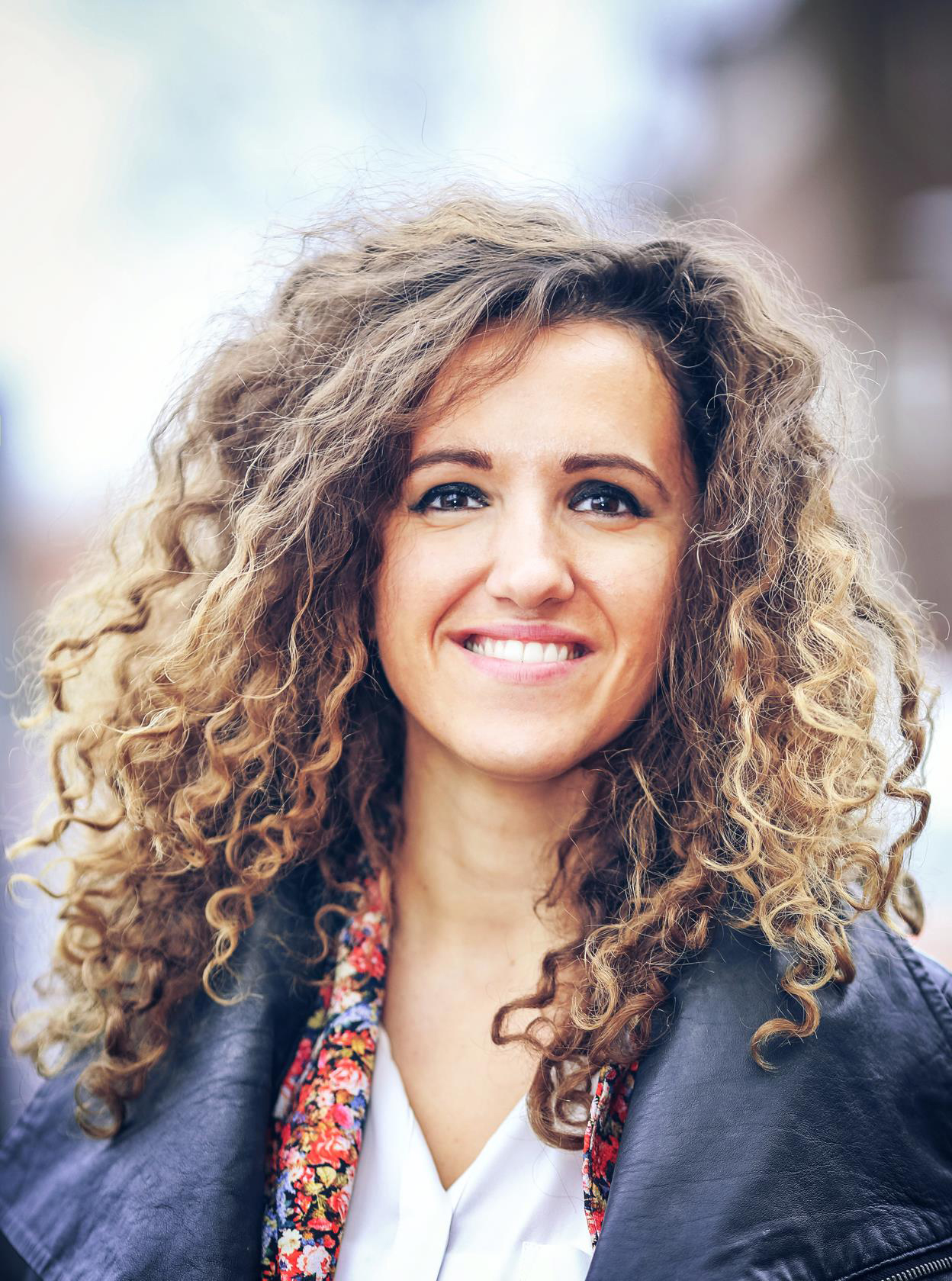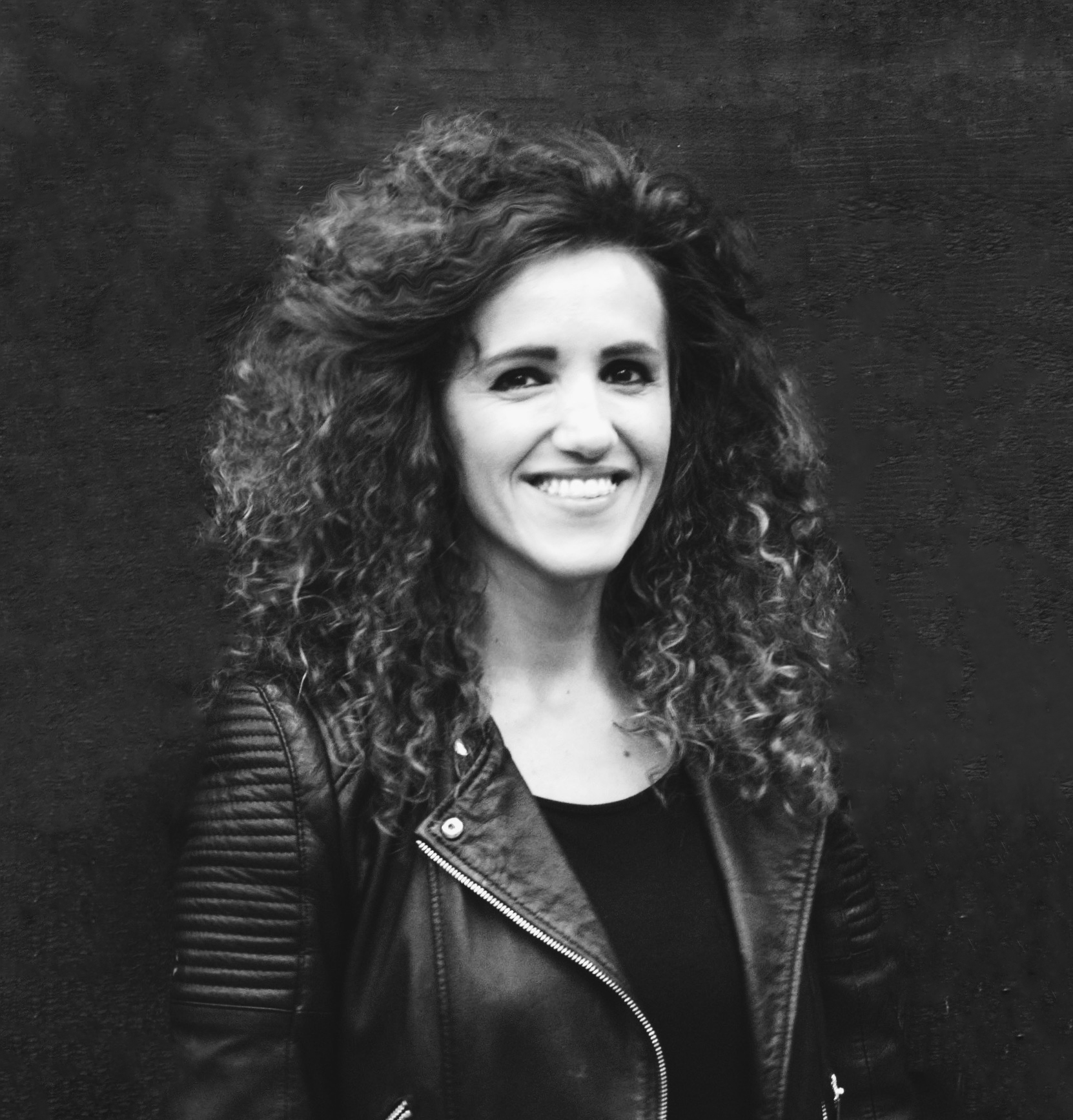Sladjana Mijatovic is a guest speaker at TedxTorinoSalon “Alter Eco”. Sladjana is Program Manager in Circular Economy and Innovation at City of Amsterdam. In this interview she explains how she became familiar with the concept of circular economy, the most effective strategies to put into practice and the urban regeneration process in Amsterdam.

Q: What person, event, experience represents a turning point in your life in relation to environmental sustainability and circular economy?
A: In 1993, I was 5 years old, my family and I fled because of the war from our town in former Yugoslavia, travelling through Europe. searching for a safe place. When we arrived in the Netherlands, we were moved through a few refugee centres. Many refugees started their own informal businesses inside these centres, developed own products and services, inventing own paying currencies or passed on knowledge and skills to another. Without being aware, I learned about new economy solutions and bringing prosperity for the communities by reinventing new business models, value thinking, exchanging and sharing products, and repairing belongings instead of throwing them away. So I learned (as a toddler ) earlier about new circular economies, and how to hack the existing linear economy, than having experienced this existing economy.

Q: What strategies have proven to be more effective today in accelerating adoption of circular business practices by companies and organizations?
A: Governments cannot determine itself that the ‘economy’ must be circular. Governments make a contribution by addressing their own business processes and instruments circularly. Companies and institutions must primarily take their role. Learning from each other is thereby central in the circular transition. That’s why in Amsterdam, the physical city is being used as one big urban living lab. New circular solutions are being developed, tried out and tested in a real-life context. This living lab approach confirms that we should not see circularity as reducing negative effects. If we really want to regain our future, then we should focus on creating positive effects. That means for businesses in particular that they will have to cooperate more closely with each other and get inspired by each other. For governments, it means that they must renew their policy instruments and their interaction with citizens and businesses. That is a new role in which various government agencies and businesses will have to grow. But an exciting one!

Q: What will be the next steps in the ongoing urban regeneration process in Amsterdam? How can other cities follow the example of this successful model?
A: We will continue hacking the city! Through many living labs the city will continue to investigate methods to invent and experience in an open, way the circular and innovative city. Together with the citizens more new accessible tools are being explored the next years and cases and best practices are being presented for everybody to study, use, build upon, and contribute to. Citizens should all be provided with tools and opportunities to hack, redesign and change the space they´re living in, leading to more collaborative and circular results.

 by
by